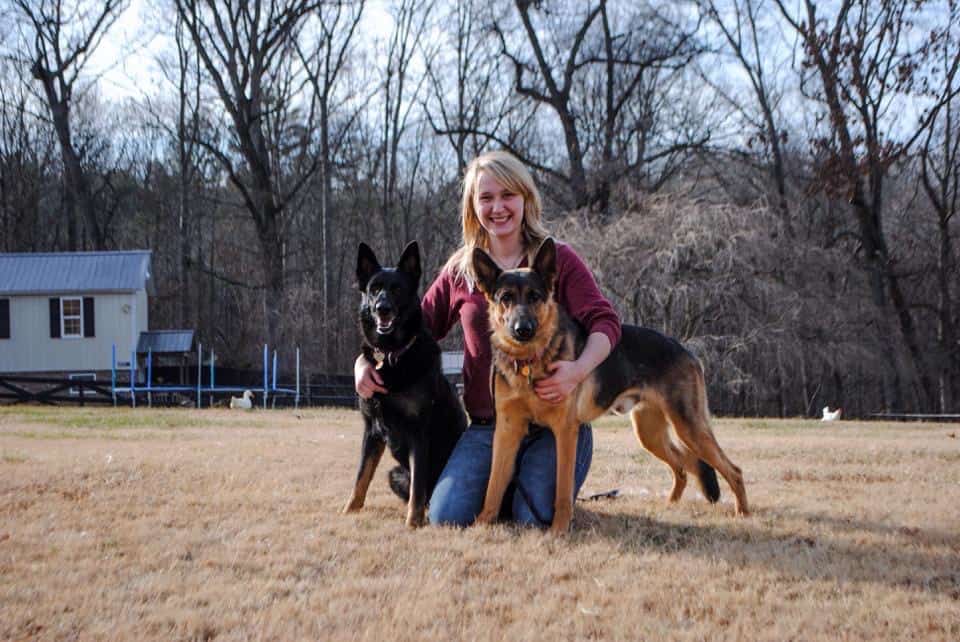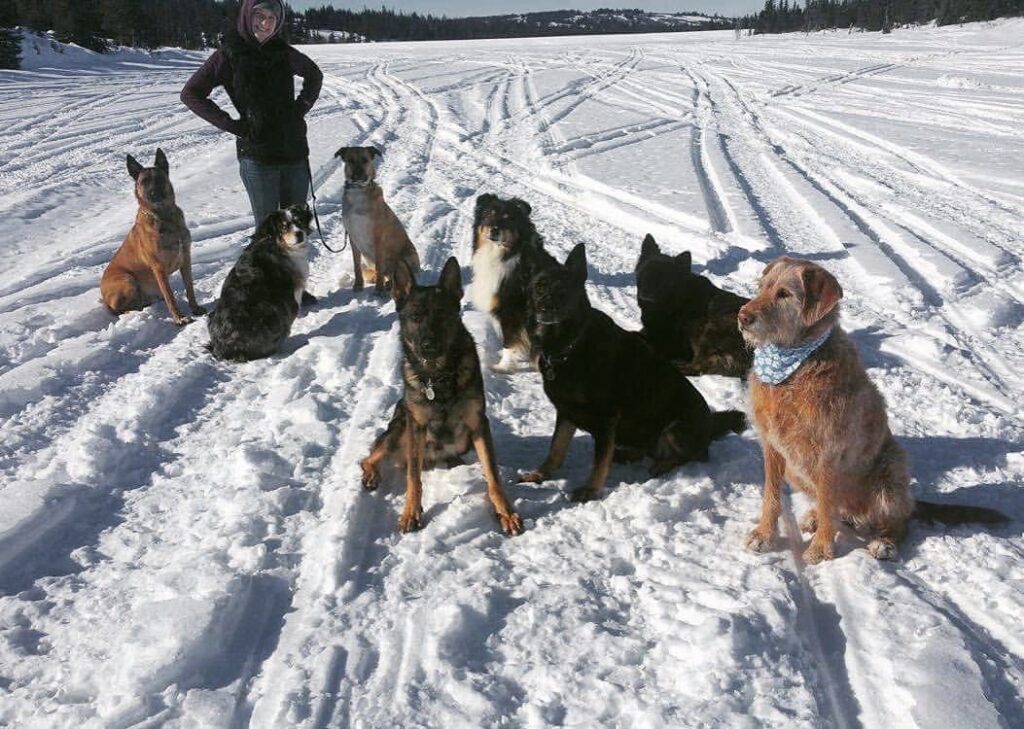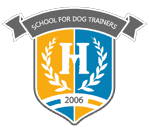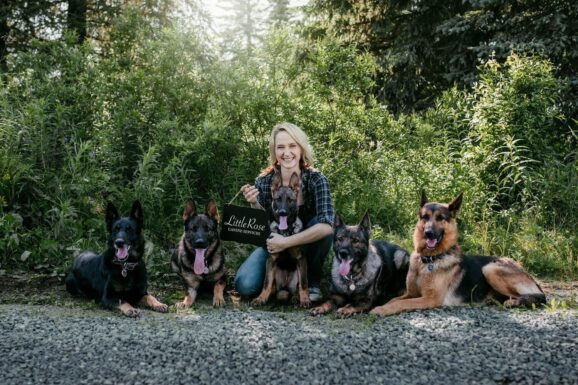Becoming a professional dog trainer is not an easy task – it requires skill, dedication and knowledge to hone your skills and achieve success in this industry. Whether you’re starting at an existing dog training facility and working your way up, or going it alone and starting your own business, it can be a challenging experience.
Getting a great education from a respected dog training institution is one way to give yourself a competitive advantage over other trainers in the field. Data from our 2020 National Dog Trainer Survey showed that trainers with formal education in canine behavior earn, on average, over $18k per year more than their counterparts who have no formal dog training education.
The School for Dog Trainers has been instrumental in the success of numerous dog trainers since opening its doors in 2006. Many of our graduates have gone on to become successful in the dog training industry and start their own businesses.
In the latest installment of our Graduate Showcase series, we’re focusing on Rebekah Collins, who owns LittleRose Canine Services in Anchor Point, AK. A lifelong Alaskan, Rebekah attended our 12-week Obedience and Behavior Modification Professional program in 2013. LittleRose Canine provides training and boarding services, and Rebekah also breeds German Shepherds through LittleRose Shepherds.
In this interview, we sat down to discuss LittleRose Canine with Rebekah, and find out her advice for prospective dog trainers hoping to make a success of their career in the industry!

Please tell us a little bit about your business, LittleRose Canine Services, and the services it offers.
Through LittleRose Canine I provide training for everything, from basic puppy manners to beginner, intermediate and advanced obedience and a strong behavior modification program.
I take pride in my customized training for each, and strong individual dog and owner teams, with my ultimate goal being to provide clear communication bonds between them.
I also offer full service boarding at my kennel location.
Could you explain about your background with dogs (growing up, prior to attending the course at Highland, etc.)?
I am a born and raised Alaskan and grew up competitively mushing Alaskan huskies.
My entire life growing up focused on dogs – training, breeding and racing. I was homeschooled through elementary and high school, which gave me lots of opportunity to grow my passion for animals and specifically dog training.
How did you first hear about Highland Canine/School for Dog Trainers?
I found out about Highland through a friend, and later went to visit the school before deciding to attend.
How did your education at Highland help you to start your own business? How do you use what you learned at Highland in your day-to-day business activities?
I was lucky to have amazing mentors when I was at Highland that helped me gain confidence in myself as a trainer.
The hands on experience I was able to get with them was absolutely priceless and their instruction still provides me insight to fall back on.

How easy - or difficult - did you find it to transition to running your own business?
I found it easy to transition into my own business. Definitely lots of hard work, but it’s gratifying to watch your own dedication to something become a success.
You breed German Shepherds, correct? How did you get started with breeding GSDs, and what is your philosophy surrounding it?
I do still breed German Shepherds. My goal is to always better the breed in every way possible, bringing them back to the “traditional shepherd”. I strive to produce versatile dogs who are solid in temperament, drive and conformation. I believe the modern Shepherd needs to be strong in mind and body, athletic, intelligent and loyal, with a solid work ethic but also the ability to be the family dog.
I breed mainly my own lines and my puppies have gone on to be service and working dog prospects, as well as being first and foremost well rounded additions to their families.
Today's students at Highland are graduating into an industry which is experiencing significant growth. This obviously has many positives, but it also makes it a very competitive industry to be successful in. Do you have any advice for graduates from Highland who are thinking of starting their own business in this industry?
My biggest advice to anyone new to the dog training world is never stop learning. Reach out to other trainers and business owners and learn from them. No two trainers or business owners will have the same philosophy, but learn from them – both good and bad – and share with them what you’ve learned. The dog training community needs more camaraderie.
Also, prepare to be humbled. Dogs are the best teachers and can humble even the most experienced trainer.

